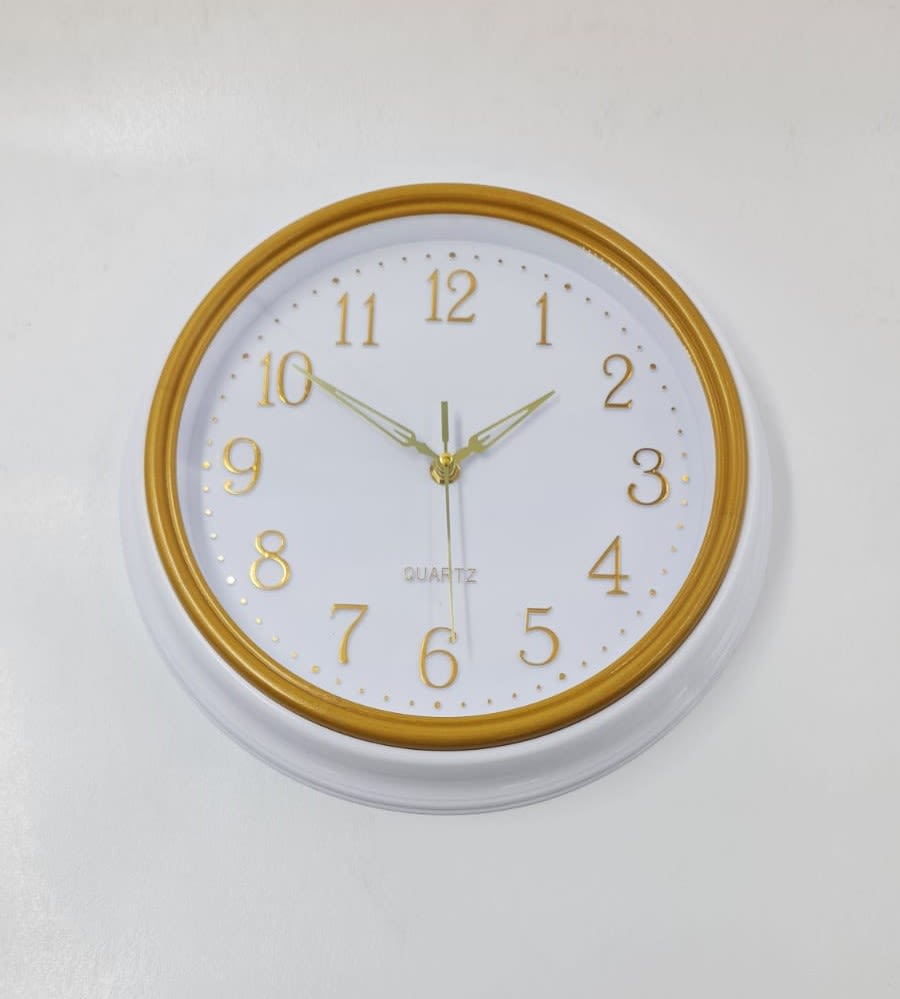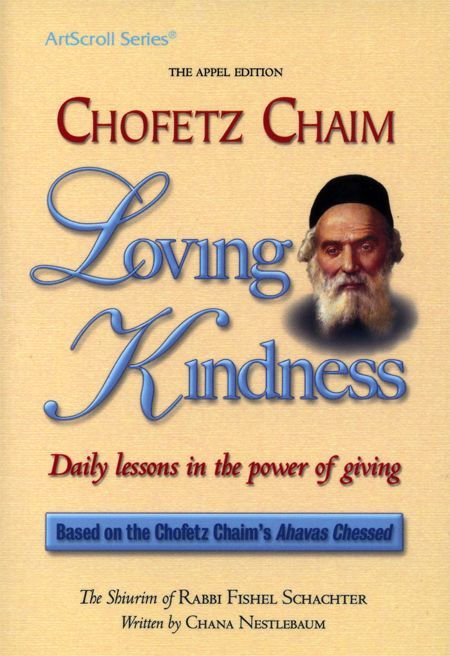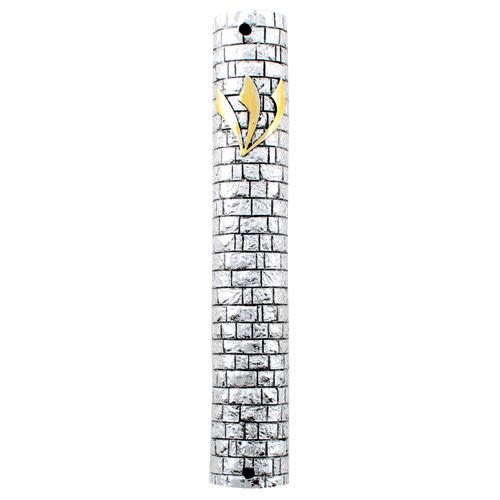
Vayera: The Path to Clarity
What do you we when we can't make a decision? Why are we confused? What must a person do to see truth, gain clarity and obtain the best shidduch (match)?

After my lectures, people approach me and request blessings. What would you think is the most sought after blessing? Health and income? No, they are the second and third-ranked most sought-after blessings. The first is clarity; there’s not a young person or a family involved in shidduchim – seeking a partner for life – that doesn’t ask for it.
In traditional Chassidic homes, where the burden of finding a proper match falls mostly on the parents’ shoulders, it is the parents who are seeking clarity. The more the young people are deciding for themselves, the more they are the ones who are seeking clarity. In any event, clarity is a commodity that’s in high demand.
People today have difficulty making decisions, let alone good decisions. More and more, I hear alarming news about marriages in the observant community that flopped within weeks after the chuppa (wedding ceremony). What went wrong? Why can’t people make decisions properly? Despite all the resumes, background checks and other efforts people put into shidduchim, why are the percentages of divorce rising to unprecedented heights? From my experience, the answer is that people are confused and unable  to make sound decisions. In short, they lack clarity – they don’t know what’s really good for them.
to make sound decisions. In short, they lack clarity – they don’t know what’s really good for them.
We certainly pray for marital and career success for ourselves and for our children. So what do you we when we can’t make a decision properly? Why are we confused? What must people do to see truth, gain clarity and do what’s best for themselves or for their children?
The Abarbanel, in his amazing elaboration of this week’s Torah portion, explains that Hagar was caught up in her own sorrow and bruised ego. She couldn’t get over the insult of Abraham sending her away. Her inflated ego made her fantasize that she was the lady of the house and that Sarah was the maidservant, rather than the opposite. Angry at Abraham, she cast his son Ishmael – the child she gave birth to – away under a bush of sagebrush. She lamented her “bad” fortune and cried profusely. She was out of water and her child was about to die of thirst in the desert. She really didn’t care, because she wanted revenge from Abraham.
While she was crying, continues the Abarbanel, she had an ephemeral thought: “What does Hashem want from me?” At that moment, Hashem opened her eyes and enabled her to see the well of water. The Abarbanel stresses that neither Hagar nor Ishmael was worthy of a miracle. Hashem did not create a well on the spot and put it in front of her nose in the desert. It was there the whole time. The lesson we learn here is a game-changer for every one of us.
“And the Lord opened her eyes and she saw the well of water…” (Genesis 21:19).
How do we merit that Hashem opens our eyes? How do we make proper decisions and gain crystal-clear clarity? How do we see the obvious before the wedding, rather than lamenting after the wedding?
In shidduchim, in searching for a career or in anything else, all we must do is to ask Hashem what He wants from us; not what we prefer, but what He wants.
So why aren’t we all doing that? Why aren’t we all happy and successful in marriage, in career and in our service of Hashem especially?
Our bodily appetites ego desires get in the way. They dictate our next move rather than the truth, which is always the best for us. Here are a few examples, as far as shidduchim go:
- People are looking for blue-blooded lineage rather than for upright character traits;
- People are looking for money rather than for emuna and a good heart;
- People are looking for good looks rather than good character and a good heart.
So what do we do?
Rav Shalom Arush writes in The Garden of Miracles:
“As soon as a person begins to live with emuna and seeks Hashem’s guidance, asking Hashem to help him/her find the path to objective truth and clarity, suddenly he/she discovers a new world. They see things that they never paid attention to before. Everything turns into a beautiful conduit of getting close to Hashem. Suddenly, life becomes wonderful.”
All a person must do is to put his intellect and logic aside and turn to Hashem, like this: “Hashem, You know what’s best for me and what I need to attain my soul correction. Guard me down the path that You desire, and not necessarily what I desire, for my subjectivity gets in the way of Your truth, which is absolute truth. Give me the emuna that everything is under Your control and there are no mistakes in Your precise Divine Providence. Enable me to internalize Your desires and make them mine, and bring me closer to You.” Pray like this for 30 minutes a day for thirty days straight, and you’ll soon find a wonderful soul-mate, amen!









